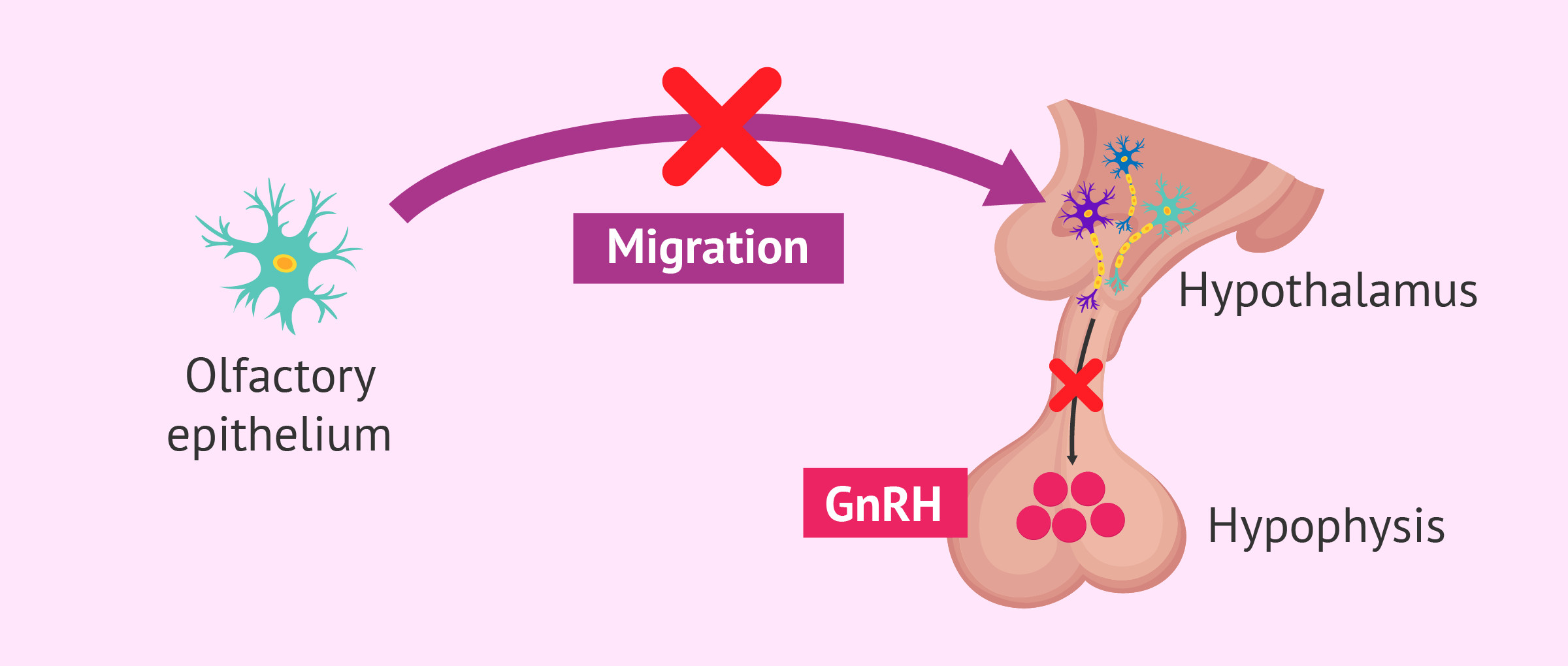Definition
Phenylketonuria, commonly known as PKU, is an inherited disorder marked by heightened levels of phenylalanine, leading to its accumulation in the body. While phenylalanine is a natural component in the body's biochemical processes, an excessively elevated level can result in impairment. This amino acid belongs to the chemical group that makes up proteins and is found in protein-rich foods and artificial sweeteners such as aspartame.
Phenylalanine accumulation in the body will result in disorders or symptoms, including impaired cognitive development if left untreated. PKU is classified into different categories according to its severity. The manifested symptoms will become worse in the absence of treatment.
- Classic phenylketonuria (the most severe)
- Mild phenylketonuria
- Mild (least severe) hyperphenylalaninemia
Causes
Mutations in PAH gene copies are the cause of phenylketonuria. The PAH gene guides the body in producing phenylalanine hydroxylase, an enzyme that converts amino acids into functional protein components. When the body cannot metabolise the amino acids consumed, an accumulation of amino acids will occur in the blood and tissues.
Due to the sensitivity of the body to phenylalanine, an excess of this substance will cause brain injury.
Risk factor
Phenylketonuria is an inherited genetic disorder that adheres to an autosomal recessive pattern of inheritance. The condition manifests only when an individual acquires two copies of the faulty gene, one from each parent, during fertilization. Typically, parents of infants with PKU are carriers of the illness but are asymptomatic.
Americans or Europeans are more susceptible to phenylketonuria.
Symptoms
The symptoms of phenylketonuria range from mild to severe. The severe clinical manifestation is referred to as classic phenylketonuria. Infants with classical phenylketonuria exhibit typical developmental characteristics throughout the initial months of life. Failure to treat the baby at this stage will result in the manifestation of symptoms such as:
- Seizures
- Tremor
- Growth retardation
- Hyperactivity (ADHD)
- Skin disorders such as eczema
- Odor from breath, skin, or urine
Read more about ADHD here: ADHD: Definition, Causes, Symptoms And Treatment
Inaccurate diagnosis and prompt treatment at birth may lead to:
- Early onset of irreversible cerebral impairment and cognitive impairment within the initial months
- Behavioral problems and epileptic seizures.
PKU diseases that are not highly severe are referred to as variant PKU or non-PKU hyperphenylalaninemia. This condition arises when there is an excessive amount of phenylalanine present in the body. Infants with this condition may exhibit moderate symptoms, necessitating adherence to a specialized dietary regimen to prevent cognitive impairment.
Read more about eczema here: Eczema: Definition, Causes, Symptoms And Treatment
Diagnosis
Following the baby's birth, the doctor can conduct an initial examination and blood test to confirm the diagnosis of phenylketonuria. If the phenylalanine concentration is elevated, the physician will administer multiple further examinations to validate the phenylketonuria (PKU) diagnosis and ascertain the specific subtype.
Additional diagnostic procedures may include blood, urine, and genetic analysis (in the case of phenylketonuria, a genetic disorder, genetic testing may assist in identifying the specific mutation responsible for the symptoms). Although most cases of PKU are identified in the early postnatal period, the condition can be diagnosed at any stage of life if an exhaustive initial examination has not been performed.
Phenylalanine is initially analyzed through the collection of blood samples. Between 24 and 72 hours after birth, this examination will be administered as an initial assessment for newborns. The physician will obtain a blood sample by inserting a small catheter into the baby's heel. As a blood test, a sample consisting of only a few droplets of blood is sufficient.
Management
Medications and a particular diet are necessary for the lifetime treatment of PKU. One of the main approaches to treating PKU is with dietary restrictions, explicitly avoiding foods that are high in phenylalanine. Babies with PKU can breastfeed. Furthermore, lofenalac, a specialized formula, is necessary for the infant.
Limit the consumption of high-protein foods like eggs, cheese, almonds, poultry, beef, pork, and fish as they age. A PKU formula that includes all the amino acids the body needs except phenylalanine should be administered to infants to ensure they continue to receive sufficient protein. Additionally, medications and therapies include:
- Eat a nutritious, low-phenylalanine diet.
- Take vitamins, minerals, and supplements.
- Supplement with sapropterin dihydrochloride to break down phenylalanine.
Complications
Women with PKU are at risk of developing PKU during pregnancy. High blood phenylalanine levels may harm the developing fetus if the pregnant woman is not following a specific PKU diet. Pregnant women with high levels of phenylalanine in their blood are more likely to have babies with PKU, which can cause significant complications. This may result in the infant experiencing:
- Low birth weight (LBW)
- Microcephaly
- Cardiovascular disease
- Growth retardation, cognitive disability, and behavioral disorders.
Read more: Low Birth Weight (LBW): Definition, Causes, Symptoms And Treatment
Prevention
Prevention of phenylketonuria is not possible. If you are considering becoming pregnant and would like to understand the potential risks associated with this hereditary disorder, it is advisable to consult your doctor for genetic testing.
When to see a doctor?
If you experience phenylketonuria symptoms, see a doctor. Carrier tests may determine the risk of having a child with PKU before planning a pregnancy or at a checkup before your first pregnancy. To monitor PKU, see your doctor regularly for blood tests.
Looking for more information about other diseases? Click here!
- dr. Monica Salim
Phenylketonuria (PKU). (2022).Accessed January 2, 2023, from https://www.mayoclinic.org/diseases-conditions/phenylketonuria/symptoms-causes/syc-20376302
Phenylketonuria. (2022).Accessed January 2, 2023, from https://www.nhs.uk/conditions/phenylketonuria/
Phenylketonuria (PKU). (2022). Accessed January 2, 2023, from https://my.clevelandclinic.org/health/diseases/17816-phenylketonuria
Phenylketonuria (PKU). (2017). Accessed January 2, 2023, from https://www.healthline.com/health/phenylketonuria
Phenylketonuria. (2022). Accessed January 2, 2023, from https://www.ncbi.nlm.nih.gov/books/NBK535378/











